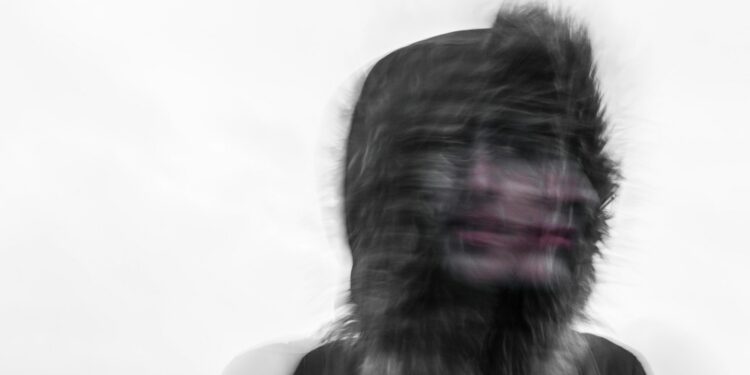The victims of this disorder have been mistaken to have schizophrenia.
A recent study suggests that individuals diagnosed with schizophrenia might actually be experiencing a rare visual condition known as prosopometamorphopsia (PMO), which can distort others’ facial features to appear frightening or demonic. PMO can manifest in various ways, including drooping, enlargement, reduction, misalignment, or stretching of facial features, leading affected individuals to find it unsettling to look at faces, as reported on the researchers’ website.
Tragically, misinterpretations of this visual disorder have led to misdiagnoses of mental illness, with some patients being prescribed antipsychotics. Senior study author Brad Duchaine, a professor at Dartmouth University, highlighted instances where individuals with PMO were inaccurately diagnosed with schizophrenia due to their visual condition being misunderstood as a psychiatric disorder.
To provide clarity on PMO, Duchaine and his team produced the first detailed case report, offering realistic examples of facial distortions experienced by a specific PMO patient. The patient, a 58-year-old man, perceives faces normally when viewed on screens or paper but experiences demonic and twisted facial distortions when viewing people in person.
Lead study author Antonio Mello explained that this patient’s unique ability to perceive distortions only in real-life interactions provided valuable insights into PMO, as previous studies were limited by patients experiencing distortions across all visual stimuli. The researchers utilized real-time feedback from the patient to modify a photo displayed on a computer screen, accurately depicting the facial distortions perceived by the patient.
The results, published in The Lancet journal on March 20, showcased a digitally altered male face transformed into a goblin-like appearance, featuring elongated, slanted eyes, a sinister grin, pointed ears, and a furrowed brow. The researchers hope that these visual representations will enhance understanding of PMO and its impact on affected individuals.
Duchaine emphasized the stigma and misunderstanding surrounding PMO, noting that many individuals with the condition may not disclose their struggles out of fear of being perceived as mentally ill. Despite its rarity, with only approximately 80 reported cases, the exact cause of PMO remains unclear, with researchers speculating potential abnormalities in brain regions responsible for facial processing or their interconnections.

































Discussion about this post